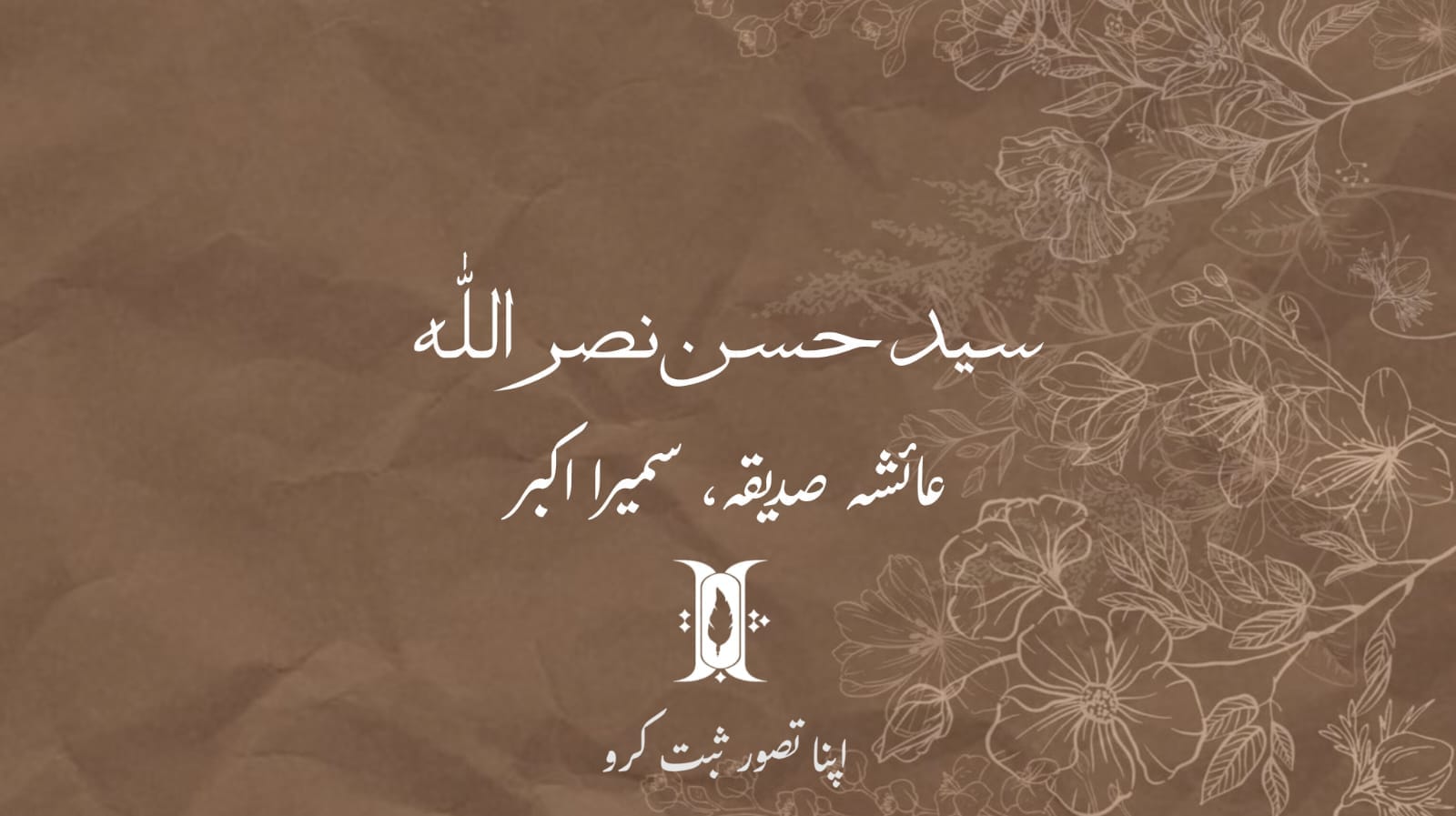Introduction:
Islam is more than just a religion; it serves as a complete code of life, offering guidance on every aspect of human behavior. From the moment you wake up to how you should interact and communicate, Islam provides detailed instructions for leading a balanced and ethical life. This article explores the ethical insights from the Holy Quran, highlighting how its teachings offer practical guidance on personal conduct, social interactions, and moral decision-making. By examining these Quranic principles, we can better understand how to apply these timeless values to our daily lives, promoting a harmonious and just society.
Core Islamic Ethical Values: Honesty, Compassion, Justice, and Responsibility
Islamic ethical values encompass a comprehensive set of principles that guide personal conduct and social interactions. Central to Islamic ethics are core values such as honesty, compassion, justice, and respect for others. Muslims are encouraged to practice integrity and fairness, demonstrating kindness and empathy towards all individuals. Key principles like charity (Zakat), forgiveness, and humility are integral, highlighting the importance of aiding those in need and maintaining a humble attitude. These Islamic ethical values promote responsibility and accountability, fostering a balanced and just society in both personal and communal aspects of life.
How Islamic Ethical Values Define a Muslim?
A Muslim is renowned for upholding strong ethical values that are deeply rooted in the teachings of Islam. Core Islamic ethical values such as honesty, integrity, and fairness define their conduct in daily life. Muslims are distinguished by their compassion and empathy, offering kindness and support, especially to those in need. Principles of justice and respect guide their interactions, ensuring that they treat everyone with dignity and equality. Through practices like charity (Zakat), forgiveness, and humility, Muslims demonstrate a commitment to ethical behavior that fosters a more harmonious and just society. These Islamic values significantly influence personal character and enhance community well-being.
Conclusion:
In conclusion, the ethical insights from the Quran provide essential guidance for leading a principled and balanced life. Emphasizing key values such as honesty, compassion, justice, and respect, the Quran offers a comprehensive framework for personal conduct and social interactions. These teachings encourage Muslims to practice integrity, show kindness, and uphold fairness in every aspect of life. By applying these Quranic principles, individuals can foster a more harmonious and just society, reflecting the timeless wisdom of the Quran and its profound impact on personal character and community well-being.
To Read More Articles Like This



